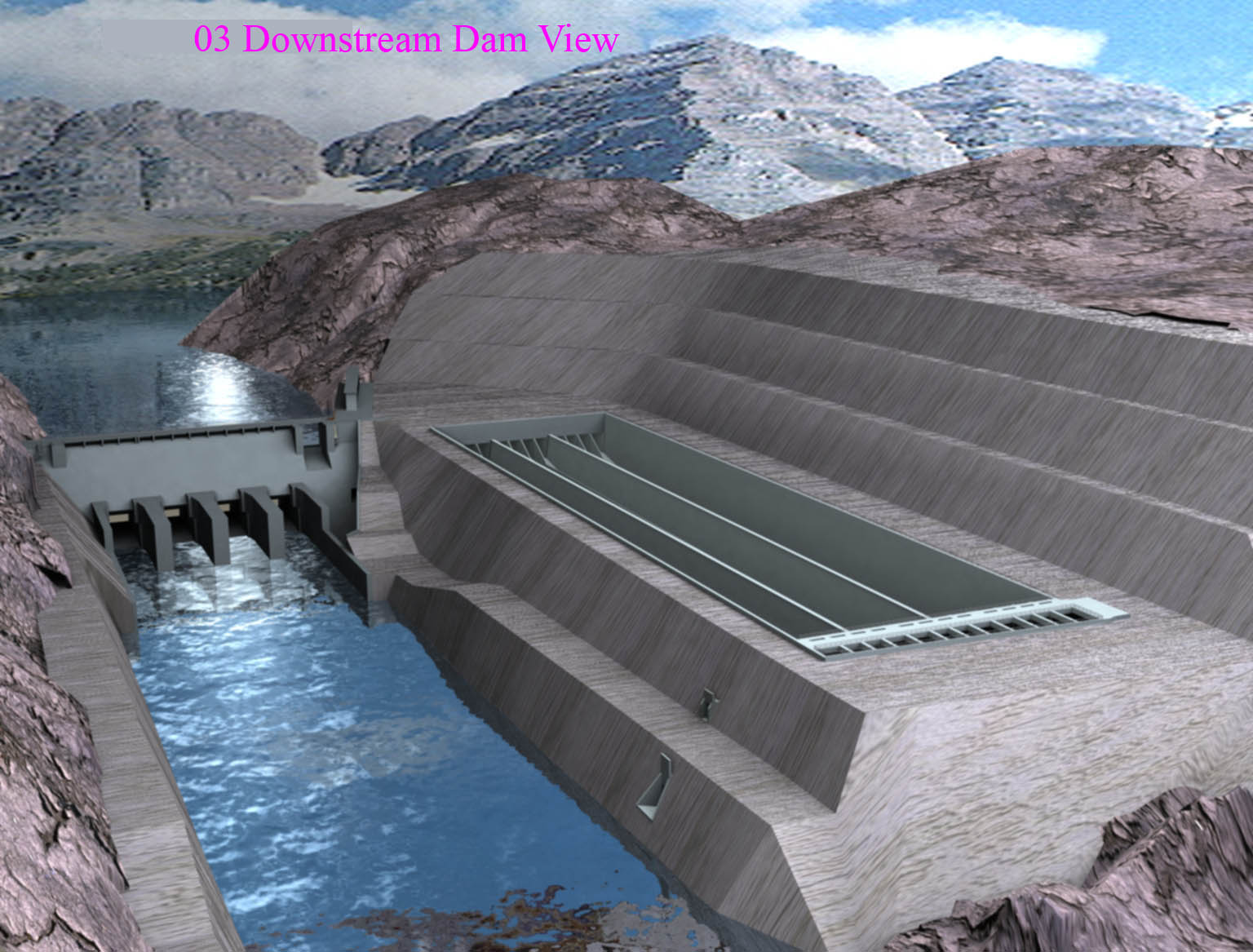Pakistan left with no option but to pledge Wapda assets
ISLAMABAD: I
n a massive blow, the leading donor for the Bhasha Dam, the Manila-based Asian Development Bank (ADB) has informally reversed its commitment to finance the project, top officials in EAD, Wapda, finance and water and power ministries told The News.
This has left Pakistan in the lurch and now the authorities concerned are going to put their heads together to find out alternatives to raise funds for the most important water and power project of Pakistan.
A Wapda spokesman confirmed that the critical funding issue had emerged as a stumbling block in the project and alternative options would soon be considered to raise a massive $12 billion for the dam.
An official said that the ADB Director General for Central and West Asia Klaus Gerhaeusser held separate meetings with the Federal Water and Power Minister Chaudhry Ahmed Mukhtar, Wapda Chairman Shakil Durrani and other officers concerned in June 2012. The issue discussed in the meetings was none other than the lead financing role that the ADB had committed to play for Bhasha Dam Project.
It was evident from the tone of Mr Klaus that there was a change in the ADBs stance and that for now the bank was not ready to support the construction of the dam, the official disclosed.
ADB President Harihiku Kuroda early this year also expressed reservations on providing funds for the project until a broader donors coalition which included the World Bank was formed and the so-called safeguards were adhered to.
As a matter of fact, both the ADBs president and the director general for central and west Asia appeared to be unsympathetic towards financing the project, the sources revealed.
To this effect, a brain-storming session under the chairmanship of Minister of Water and Power Ch Mukhtar Ahmad may be held on August 13. Another crucial meeting is also scheduled in the Planning Commission on August 15 where top officials of all the ministries and departments concerned would participate.
The sources said that the proposals would be under consideration to securitise the assets of Wapda such as Ghazi Barotha Hydropower project or other vital assets to raise the needed funds.
However, if this proposal is implemented, the cost of hydel electricity would increase manifold, but the nation needs to be ready for this sacrifice for the huge objective to continue building Diamer-Bhahsa Dam.
The project is located on Indus River in Gilgit-Baltistan (GB) and Khyber-Pakhtunkhwa (KP) province. It is a multi-purpose project that will store water for agriculture, mitigate floods and provide low-cost hydel electricity. On completion, the project will store 8.1 million acre feet of water and generate 4,500MW electricity, contributing about 19 billion units to the national grid per annum. The annual benefits of the project have been estimated at Rs2 billion.
In the present context, Diamer-Bhasha Dam has become an issue of life and death for 180 million people of Pakistan. Earlier, the World Bank (WB) had also brazenly refused to fund the project saying the site of the proposed project is in the disputed territory of Gilgit-Baltistan (GB).
The bank later linked its willingness to fund the project in case Pakistan gets a no objection certificate from India.
The ADB has let Pakistan down and wasted crucial four years of the country in implementation of the project. Though the ADB has yet to convey its refusal officially, the dillydallying tactics on the part of the bank have not only caused an escalation in the project cost by another whopping $2 billion (at the rate of $500 million per annum), but also deprived Pakistan of $8 billion in terms of annual benefits of the project (at the rate of $2 billion per annum) over a period of the last four years.
Chairman of the executing agency of Diamer-Basha Dam Project, Wapda, Shakil Durrani in a latest communication to the Ministry of Water and Power opined that the ADB was playing games and moving close to the World Bank position on the project, and had requested the government to approach the time-tested friend China for financing the project.
The sources privy to the development have disclosed to The News that Mr Durrani discussed the matters relating to the financing of Diamer-Basha Dam Project with the three leading Chinese firms during his recent visit to China the last week of July 2012. The firms expressed their willingness to arrange funds for the project.
In addition to the formation of a broader donors coalition,
the alleged un-resolved issue raised by the ADB mainly includes getting of an NOC from India, the reported absence of the budgetary space with the government of Pakistan for financing the land acquisition and resettlement cost of the dam, the likely financial stress due to the start of projects other than Diamer-Basha Dam, the reported need for national consensus on the dam as the so-called reservations carry no weight, as those are either illogical or merely lame excuses to finally refuse the funding already committed by the ADB for the project.
It may not be out of place to mention that the ADBs senior officials have committed support for the project at least four times during last four years. In December 2011, the ADB agreed to provide grant for technical assistance for conducting due diligent studies of the project.


































